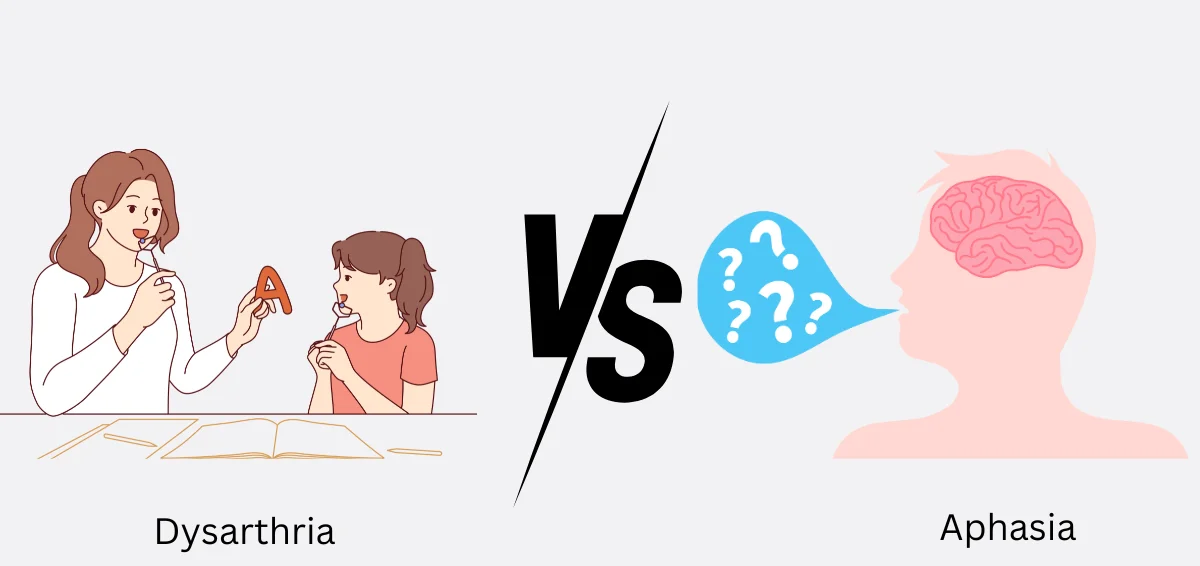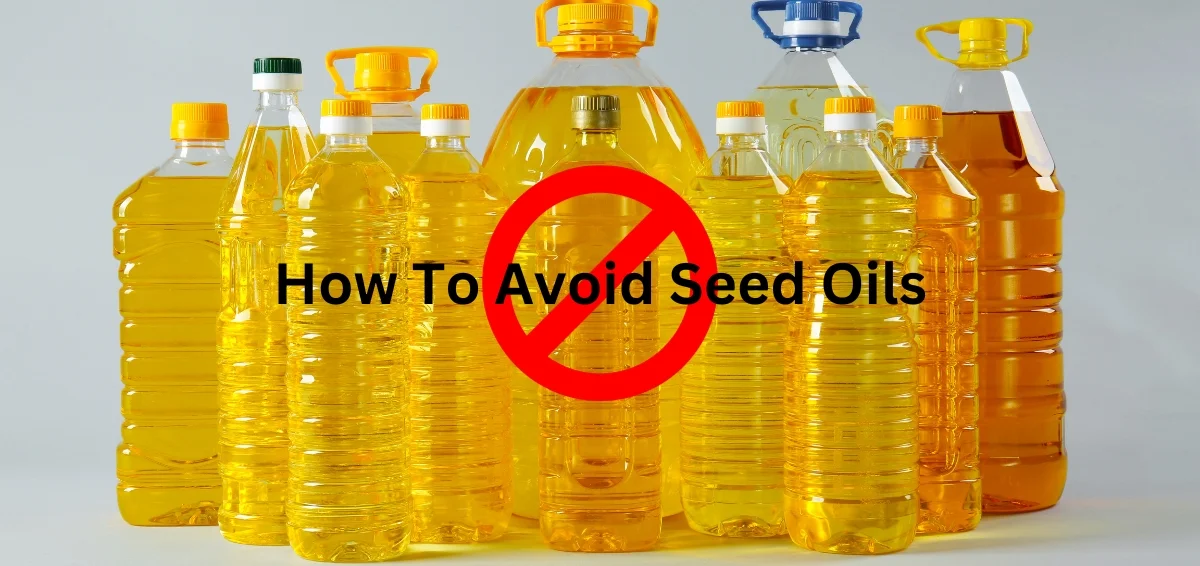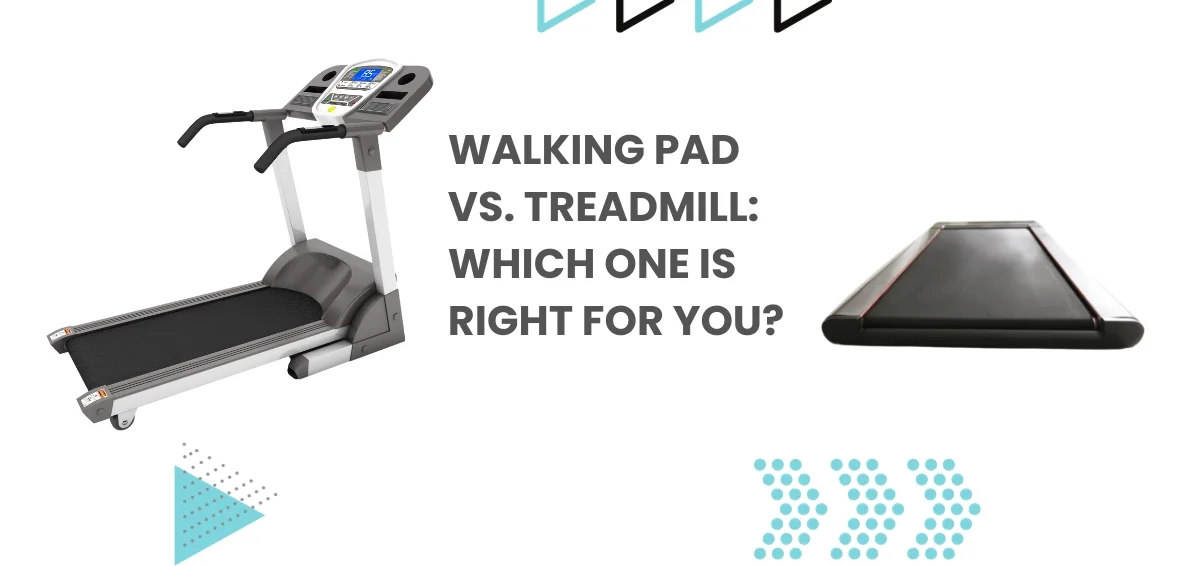
Individuals with mental health conditions like depression, anxiety, and PTSD often battle negative emotions and thoughts. To find relief from them, they undergo therapies and treatments. One such breakthrough therapy is Ketamine, an off-label treatment that has shown remarkable results for patients who don’t respond to conventional therapies. Among other things, ketamine infusions can make an individual experience an altered state. This has led many to wonder whether the therapy makes you feel high. The short answer is yes. Ketamine does make you experience a dream-like state. That is why it is critical to administer its doses under professional medical supervision. Let’s learn more about the psychedelic experience offered by ketamine treatment.
Read Also: Who is Not a Good Candidate for Ketamine Therapy?
What Is Ketamine Treatment?
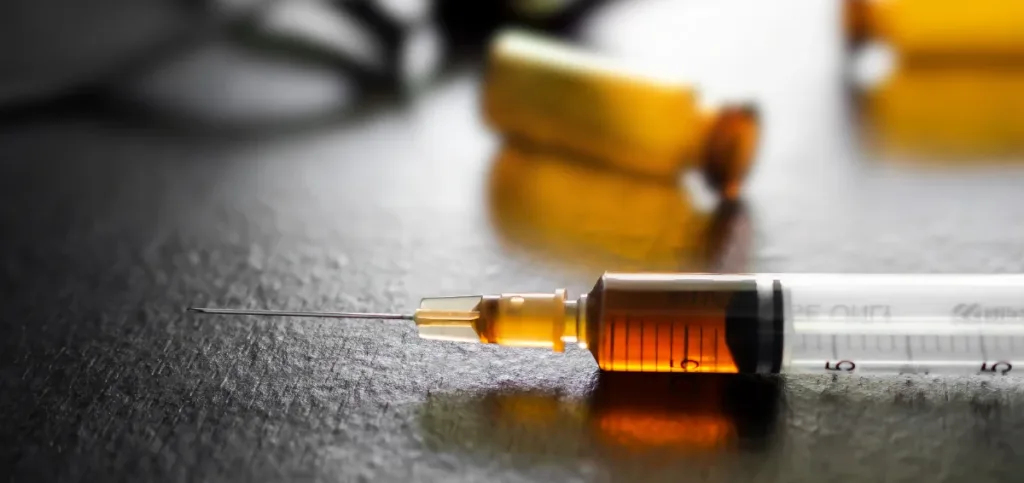
Ketamine is an FDA-approved anaesthetic. It is widely used to treat depression symptoms, chronic pain, and other mental health conditions. Ketamine therapy uses low doses of this anaesthetic to treat patients who have not had positive results from traditional treatment approaches. Ketamine blocks the activity of the N-methyl-D-aspartate (NMDA) receptor. NMDA regulates cognition, pain perception, and the mood of an individual. Ketamine infusions have a rapid anti-depressant effect. Individuals have reported feeling improvement in their symptoms as early as a few hours to days after the therapy. Besides uplifting moods, ketamine treatment also helps regulate sleeping patterns. Patients also experience improved energy levels afterward. Additionally, ketamine treatment assists with stress reduction as they repair damage from increased levels of stress hormones like cortisol.
Psychedelic Effect of Ketamine Therapy
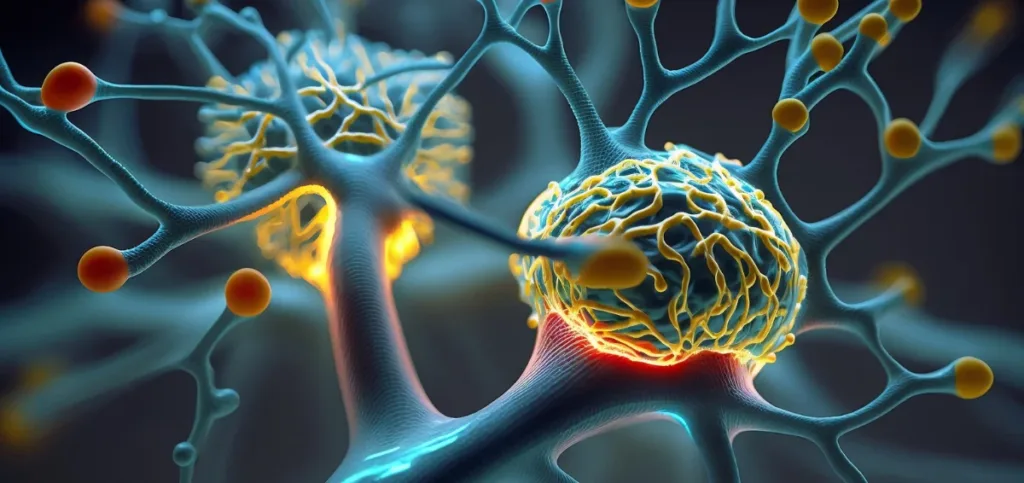
Even when administered in small doses, ketamine infusions can cause individuals to experience an altered state. This happens as the infusions progress. It includes feelings of lightness, floating, and calmness. Additionally, patients can also have visions containing different colors, images, and shapes. Ketamine therapy induces hallucinations and other dissociative effects. However, these contribute to its therapeutic benefits. The therapy gives the individual a short but intense subjective experience. When this period is over, the brain achieves neuroplasticity. It causes functional and adaptive structural changes in the brain. It leads to the rearrangement of new connections. The period afterward is called an afterglow, and it is when improvements in behavior, cognition, and mood occur. Sensations like floating and heightened visuals enable the patients to gain a sense of detachment from their bodies and surroundings. This, in turn, lets them look at their mental condition from a fresh lens.
Does Ketamine Work in the Same Way As Other Psychedelics?
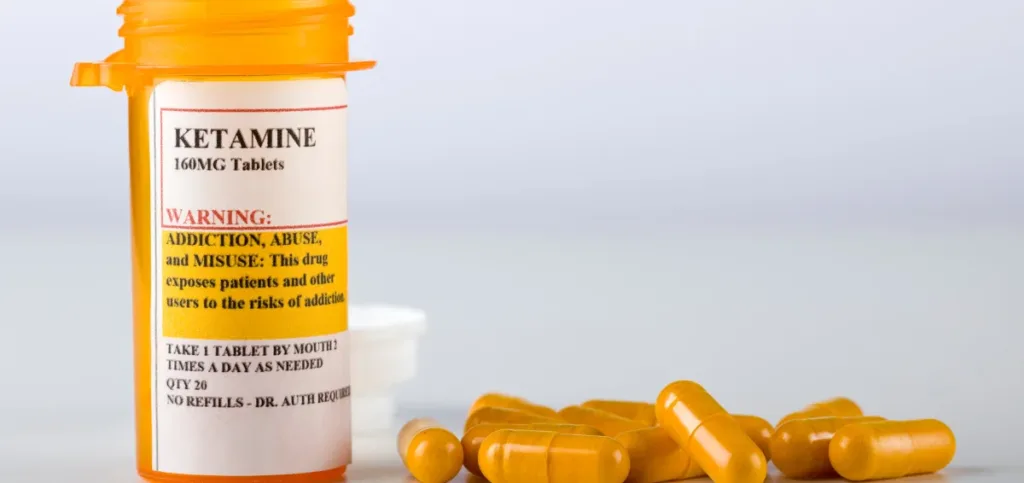
Ketamine is often grouped into the category of psychedelics due to its effects, as described above. However, it is vastly different from other such drugs. The main reason is because of the kind of experiences Ketamine evokes. Regular psychedelic drugs can evoke encounters that can be both challenging and enlightening. Depending on how the individual perceives them, they can be destructive, too. However, this is not the case with Ketamine. The experiences it generates are much more gentler. Undoubtedly, Ketamine produces a dissociative effect. However, the effect is not rooted in fear. The disassociation that Ketamine produces can be compared to a sense of letting go of what patients usually cling to.
Patients have described the feeling after ketamine infusions as that of a gentle lifting of their existential burden. Others have described the same feeling as a sense of dream-like familiarity with their surroundings. This is the Ketamine’s dissociative effect, which proves so beneficial in relieving the symptoms of mental health conditions. Ketamine effects can be better understood with the help of some real-life examples. An elderly woman battling depression symptoms undergoes the therapy. In her words, the psychedelic experience was similar to being inside a lava lamp, a place she described as being serene, beautiful, and tranquil. A veteran suffering from PTSD describes the moments after the psychedelic experience as being peaceful. He said that although the pain is still present, it does not hurt as much. Another patient who took the therapy for fibromyalgia said that she felt that most of her pain was removed from her.
Is Ketamine Addictive?

Ketamine is a drug, and like all other substances, it can become addictive if abused. Its psychedelic effect can make patients want to have that experience repeatedly. Cases of Ketamine abuse have increased in the past two decades. It has been discovered that around 0.9% of the American population illegally consumes the drug. Ketamine addiction primarily stems from an individual’s desire to use it to self-medicate or to lower the withdrawal symptoms that it causes. This hijacks the brain’s reward system, causing the person to ‘feel better.’
It is important to remember that the euphoria that Ketamine produces lasts for a short period of time. Once that is over, individuals must know how to navigate their reality. Using Ketamine frequently makes individuals accustomed to the presence of the drug in their bodies. Any attempts to wean yourself off it causes withdrawal symptoms. These may include insomnia, nightmares, anxiety, tremors, and restlessness. In more severe cases, it can also lead to suicidal thoughts.
Read Also: Brainspotting vs EMDR
How to Determine Ketamine Doses in Psychedelic Assisted Therapy?
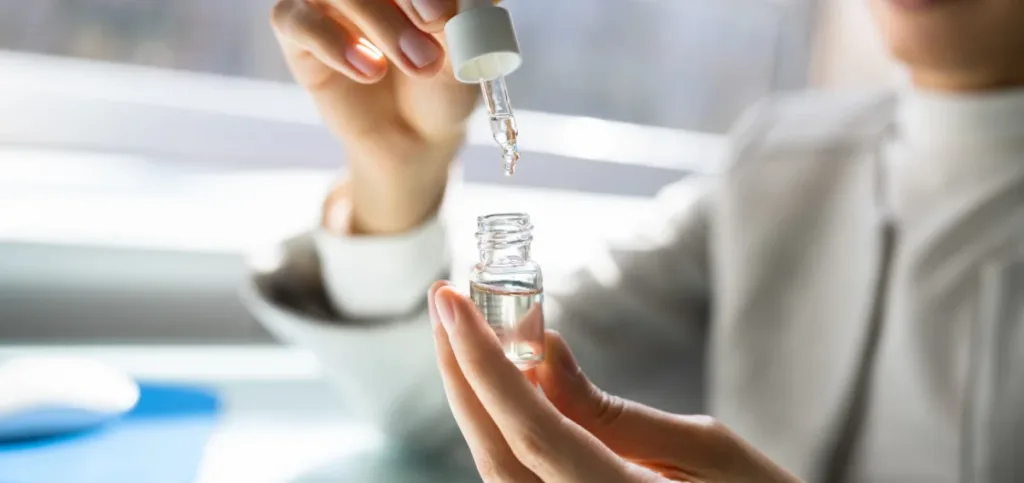
Ketamine administration does not adhere to the standard mg/kg calculations. So, it’s challenging to determine the right dose for patients. Most clinics administer 0.3 mg/kg or 0.5 mg/kg IV. However, depending on the patient, these doses can be too high or too low. Some professionals give patients a 100-mg Sublingual Lozenge first. Then they observe the patient’s response. This enables them to find the right initial and subsequent doses.
Usually, patients with severe mental health conditions need a higher dose of the drug. However, it’s important to remember that an individual can experience Ketamine side effects even at low doses. Surprisingly, they may not experience the same effects at higher doses. So, it is critical to get this therapy only under professional supervision. This is important to get the most out of it.
Summing Up
The psychedelic effect of Ketamine therapy can be compared to a feeling of being high. However, there are profound differences in the effects of this drug as compared to others. Remember that Ketamine should always be taken under the vigilance of a healthcare professional. Additionally, it is wise to use the treatment in a manner that does not make you addicted to it. These precautions will increase the chances of experiencing success with the treatment.




